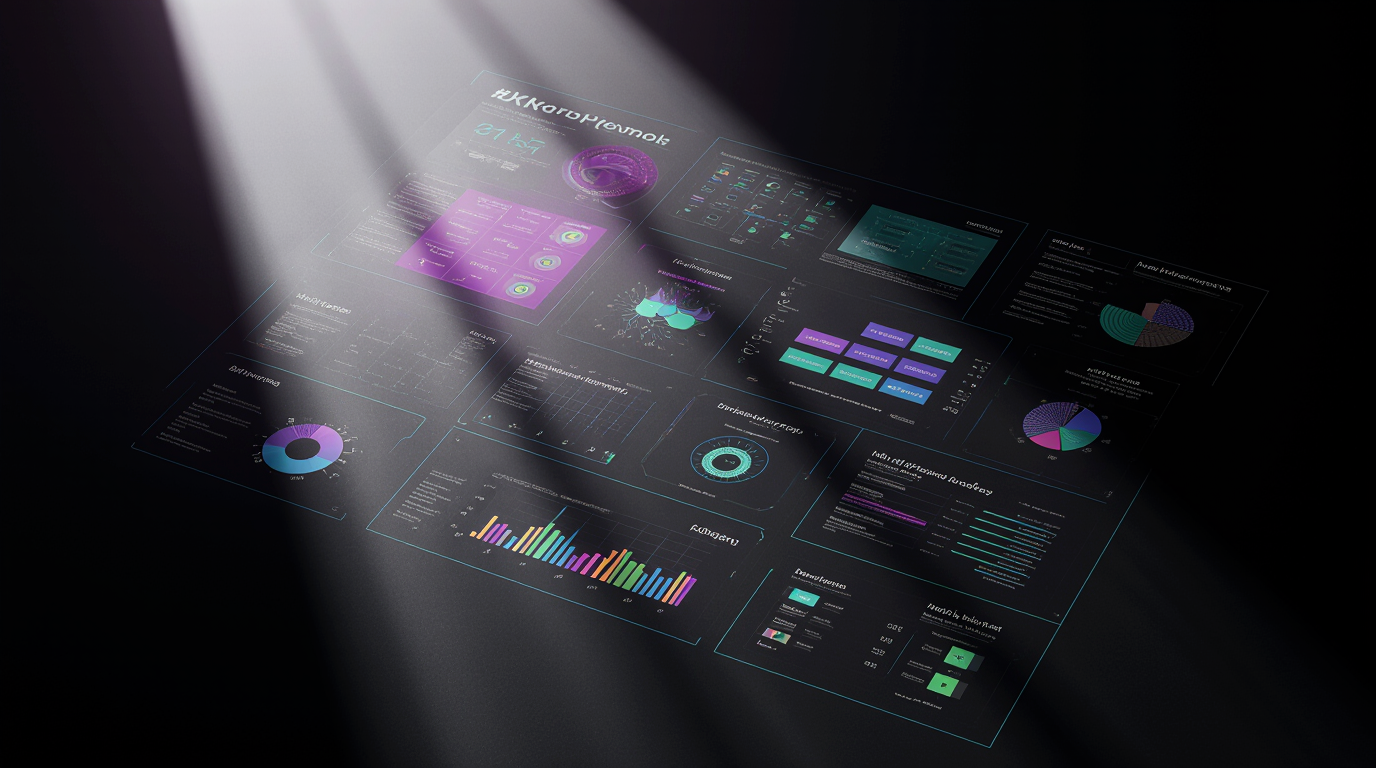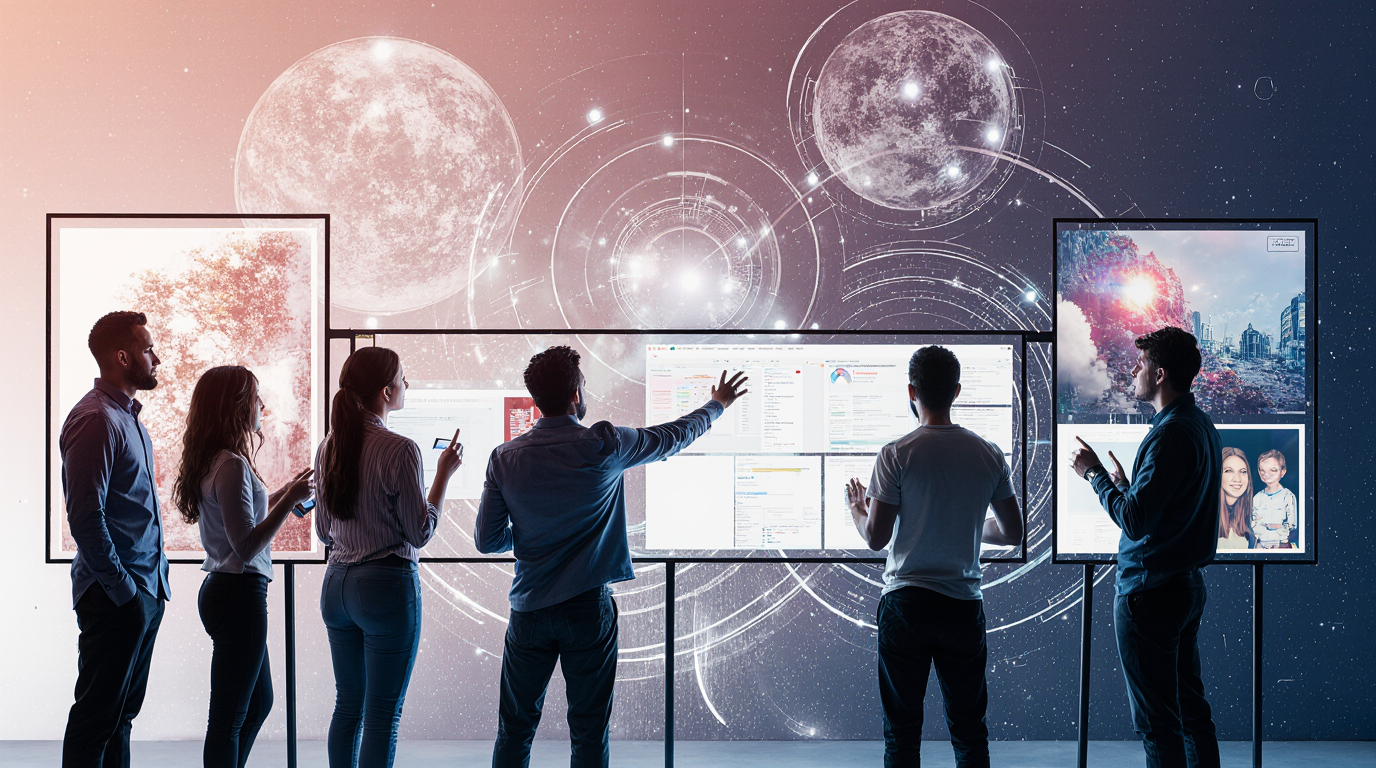The field of image generation—powered by artificial intelligence (AI)—is rapidly evolving. It creates a diverse ecosystem of roles that span both technical and non-technical domains.
While technical expertise is essential for developing the underlying algorithms and models, non-technical professionals play a critical role in ensuring these technologies are accessible, ethical, and aligned with user needs.
Core Technical Roles in Image Generation
Machine Learning Engineer
Machine learning engineers are responsible for designing, building, and optimizing the algorithms that generate images.
Their work involves developing and training deep learning models, such as GANs and diffusion models. They also experiment with data preprocessing and augmentation.
Evaluating model performance and iterating on architectures are key tasks. Skills required include advanced programming (Python, TensorFlow, PyTorch), mathematics, and deep learning expertise.

Data Scientist
Data scientists focus on collecting, cleaning, and analyzing the vast datasets required for training image generation models.
Their responsibilities include curating high-quality image datasets and performing exploratory data analysis. Ensuring data diversity while minimizing bias is also crucial.
Skills required are data analysis, statistical modeling, and proficiency with data tools.

AI Researcher
AI researchers push the boundaries of what image generation models can achieve.
They develop novel architectures and algorithms. Publishing research findings and collaborating with academic and industry partners are central to their role.
Skills required include research methodology, advanced mathematics, and a deep understanding of AI theory.
Essential Non-Technical Roles in Image Generation
AI Product Manager
AI product managers bridge the gap between technical teams and end users.
In the context of image generation, they define product vision and strategy. They gather user requirements and translate them into technical specifications.
Overseeing the product lifecycle from concept to launch is a key responsibility. Skills required are business acumen, project management, user research, and a foundational understanding of AI capabilities.
AI Ethicist or Responsible AI Advisor
These professionals ensure that image generation tools are developed and deployed responsibly.
Their work includes assessing ethical implications such as deepfakes, copyright, and bias. They create guidelines for responsible use and advise on compliance with regulations and societal norms.
Skills required are backgrounds in ethics, law, philosophy, or public policy, along with strong research and communication skills.

Prompt Engineer or AI Content Designer
Prompt engineers and content designers specialize in crafting effective prompts and user interfaces for image generation systems.
Their tasks involve designing user-friendly workflows for generating images. Testing and refining prompt templates is also part of their job.
They collaborate with technical teams to improve output quality. Skills required are creativity, communication, and a basic understanding of AI tool capabilities.
Analytics Translator
Analytics translators interpret the outputs of image generation models for non-technical stakeholders.
They review generated images for quality and relevance. Providing actionable insights to business teams is a key part of their role.
They help shape product direction based on data-driven findings. Skills required are data literacy, communication, and critical thinking.
Skills That Empower Non-Technical Professionals
Non-technical professionals in image generation benefit from data literacy. This involves understanding how data drives AI models and being able to interpret results.
Familiarity with AI tools, such as using platforms like Canva or ChatGPT to automate and enhance workflows, is also valuable.
Additionally, workflow automation skills—like leveraging tools such as Zapier to streamline repetitive tasks—enable non-technical team members to collaborate effectively with technical counterparts. These skills help them contribute meaningfully to project outcomes.
Collaboration: The Key to Success in Image Generation
The success of image generation projects hinges on seamless collaboration between technical and non-technical roles.
Technical experts build the models. Non-technical professionals ensure these tools are usable, ethical, and aligned with real-world needs.
This multidisciplinary approach fosters innovation. It helps organizations maximize the value of AI-powered image generation.

Navigating Career Opportunities in Image Generation
As the field grows, both technical and non-technical roles are in high demand.
Non-technical professionals can break into the industry by building foundational knowledge of AI concepts and gaining experience with AI-powered tools. Pursuing roles in product management, ethics, or user experience related to AI is another pathway.
Technical professionals can advance by deepening their expertise in machine learning, data science, and AI research.
Shaping the Future of Image Generation
The convergence of technical and non-technical expertise is shaping the future of image generation.
As AI technologies become more integrated into creative and business processes, the need for diverse skill sets will only increase.
Whether you are a coder, a strategist, or a communicator, there is a vital role for you in this dynamic field.


.png)
